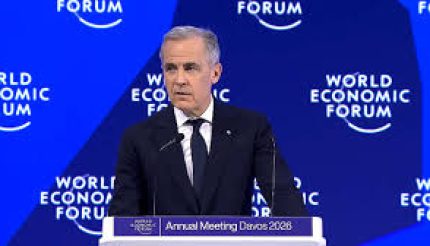Does your Leadership create a “Zero to Hero” or “Hero to Zero” Culture?
I work with high performing and high growth businesses and often the employees are a major factor in their success.
Some business owners don’t invest in their employees in case they become better employees and leave; the trouble is, if they don’t invest in their team they might stay!!
What is a Team?
Firstly, let’s consider exactly what a team is. Sure, a team can be defined as:
“a group of people with a full set of complementary skills required to complete a task, job, or project.”
But only when they have a strong sense of mutual commitment does it creates the synergy needed to generate performance greater than the sum of the performance of its individual members. When this is achieved the team becomes more than just a collection of people, it becomes a powerful force that can benefit the organisation. However, when it is not achieved the results can be devastating.
So how do you build and develop a high performing team?
It all starts with strong leadership.
Hero 2 Zero: 
Many believe people leave their jobs is because of pay. However, according to a Gallup poll of more than one million employees the number one reason employees leave is because of poor leadership. I have seen this happen many times.
Some years ago I was with a global organisation that recognised many employees with a great track record would suddenly leave – this pattern was so prevalent and consistent they coined the phrase “Hero to Zero”
Top performers suddenly became poor performers and soon afterwards they left. They discovered the reason for the mass exodus of top talent was often a new manager being appointed who did not have the appropriate management ability or skills, and often resorted to bullying. This realisation resulted in a global drive to improve the standard of management and leadership.
Leadership:
Intelligent, honest, hard-working people are critical to an organisation’s ongoing success, but now more than ever, good people are hard to hold on to.
When a new employee joins a business, they do so with great optimism and because it feels right. When they leave, it’s usually because something, at some point, made it wrong. If you take the time to review their real reasons for leaving, you will find that it’s not “the company” they blame. It is the leadership.
So Why Do Employees Leave?
A recent Gallup survey showed 70% of the workforce is currently disengaged at work. So where are our business leaders going wrong?
1) Leadership Fail – Lack of Engagement!
If you want to attract and retain the best and brightest, leaders need to embrace their people and ensure they feel they are the organisation’s most valuable asset. Most leaders know less about their own people than their people know about them.
What we feel is influenced by what we truly value. Take the time to learn more about your people’s wants and needs, who they are and what drives them. Adjust your approach and obtain peak performance.
-
Do you know what your team need to feel engaged and happy?
2.) Leadership Fail – Lack of Empowerment.
Successful companies are moving to flexible organisational structures that empower employees and allows them to make more of their own decisions, avoiding the rigidity of traditional models.
Employees thrive when they are given a sense of ownership with fewer approvals and checkpoints. Challenge them to take on more responsibility, let them set their own key accountabilities and hold them accountable for the results. A dictatorial approach is one of the most effective ways to drive an employee out.
-
What elements in your business could you delegate to your team to empower and engage them?
3) Leadership Fail – Lack of Consistency, Lack of Trust.
Great leaders are dependable, reliable, forthright, truthful, ethical and trustworthy. They care for their people, exhibit openness and transparency. Employees are drawn to leaders who are genuine and honourable. Conversely, employees flee when managers are unfair, lie, cheat, offend and deceive. The most effective way to create a dynamic culture is to lead by example.
For an organisation to accelerate ahead of its competitors, its leaders must advance beyond old-school leadership strategies and ‘knowledge dumping’ training programs – these are no longer sufficient when it comes to employee activation.
-
If you were to be really honest how would you rate yourself as a great leader?
Your employees are your greatest asset.
To grow your business into a great business, take the time to focus on your team, invest in developing your own leadership skills, and develop team engagement. If you get it right your results will be outstanding.
Engage & Grow
As Richard Branson quoted:
“Clients do not come first. Employees come first. If you take care of your employees, they will take care of your clients”
To find out more about how to develop Leadership and Employee Engagement why not investigate our “Engage and Grow” programme?
Click here for further info: Engage & Grow





